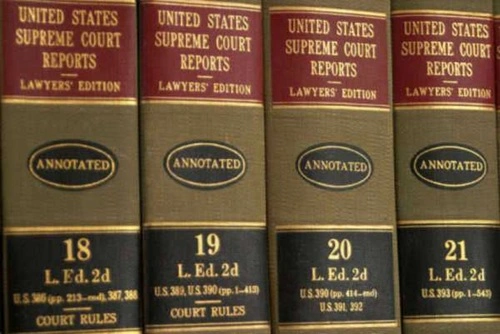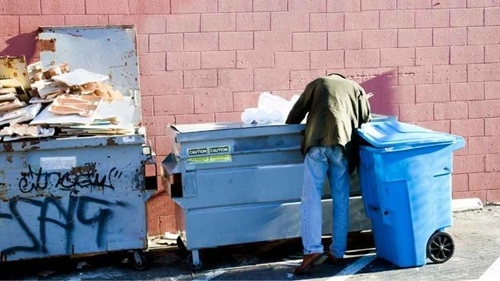Book burning is one of the most controversial acts in modern society — often seen as a symbol of censorship or protest. But from a strictly legal point of view, is it actually illegal to burn books in the United States?
The answer depends on how, where, and why you burn them. While the First Amendment generally protects expressive acts like book burning, several fire safety and environmental laws may make it illegal under certain conditions. Let’s break this down.

The First Amendment and Symbolic Expression
Under the First Amendment of the U.S. Constitution, Americans have broad freedom of speech — including symbolic acts that express opinions. Courts have recognized that actions such as flag burning, kneeling during the national anthem, or even book burning can constitute forms of expressive conduct.
So, if you decide to burn a book as a form of political, religious, or artistic expression — and you do it safely and lawfully — it is generally protected by the Constitution.
Example: If someone burns their own copy of a novel in protest (in a safe, controlled space without violating any local laws), the act itself isn’t criminal simply because it’s offensive or unpopular.
When Book Burning Becomes Illegal
Even though it may be protected speech, the act of burning still has to comply with fire codes, local ordinances, and environmental regulations. That’s where the legal issues arise.
Here are the main scenarios when book burning becomes illegal in the U.S.:
- Violating Local Fire or Open Burning Laws
- Many cities and counties prohibit open burning without a permit.
- Outdoor fires (especially in residential areas) are regulated by local fire marshals.
- Burning books in a public park, street, or apartment complex courtyard could result in fines or criminal charges for violating fire safety rules.
- Creating a Public Hazard or Nuisance
- If the fire spreads or creates smoke that endangers others, you could face charges such as reckless endangerment, public nuisance, or negligent burning.
- For example, in states like California and Texas, illegal burning can carry penalties up to several thousand dollars.
- Burning Property You Don’t Own
- Burning someone else’s books (for example, from a library, school, or another person’s collection) is illegal — it’s destruction of property or even vandalism.
- In this case, the motive (political or not) doesn’t matter; it’s still a criminal act.
- Environmental and Pollution Laws
- The Environmental Protection Agency (EPA) restricts burning paper materials with inks, dyes, or coatings due to toxic emissions.
- If you burn books in bulk, you could violate air quality regulations or hazardous waste laws.
So while you can legally burn a book as personal expression, doing so recklessly, publicly, or with someone else’s property can easily cross into illegality.
Burning Books in Public Spaces
Public spaces are heavily regulated. Setting a book on fire in front of a library, school, or government building can lead to disorderly conduct or permit violations.
Even if you claim it as protest, law enforcement can intervene if:
- The fire poses a safety risk
- It blocks traffic or pedestrian pathways
- It provokes violence or endangers others
In such cases, you might be arrested — not for “burning books,” but for failing to comply with fire or public safety laws.
What’s Protected vs. Punishable
| Legal (Generally Protected) | Illegal (Punishable) |
| Burning your own books in a controlled, safe environment | Burning in public areas without a permit |
| Symbolic protest protected under free speech | Burning someone else’s books or public property |
| Private expression at home (following safety rules) | Creating smoke hazards or violating burn bans |
Safer (and Legal) Alternatives
If your goal is symbolic protest or artistic expression, you can:
- Use digital symbolism (like shredding or deleting digital copies).
- Conduct a theatrical or performance protest without fire.
- Dispose of unwanted books through recycling or donation instead.
These options express your message without legal or environmental risks.
FAQs: Is It Illegal to Burn Books?
Q. Can I legally burn my own books at home?
Yes — as long as you follow local fire safety and environmental rules. Make sure you’re not under a burn ban, and always use a controlled container like a fire pit.
Q. Can I burn library or school books in protest?
No. Those books are public property. Burning them would be considered destruction of government property, a criminal offense.
Q. Is book burning considered hate speech?
It depends on context. While the act itself may be protected speech, burning religious texts (like the Bible or Quran) can provoke strong reactions and, if it leads to violence, may be limited by public safety laws.
Q. Are there federal laws against burning books?
No federal law specifically bans book burning. However, EPA, fire safety, and vandalism laws can still apply depending on the situation.
Q. What’s the penalty for illegal burning?
It varies by state, but penalties can range from fines ($100–$5,000) to misdemeanor charges for violating fire or pollution laws.
Bottom Line
Burning books is not automatically illegal in the U.S. — the Constitution protects expressive acts like this. However, where, how, and why you burn them determines legality. Always obey local fire codes, burn bans, and safety rules — and remember: the line between symbolic protest and criminal act can be thin when fire is involved.

